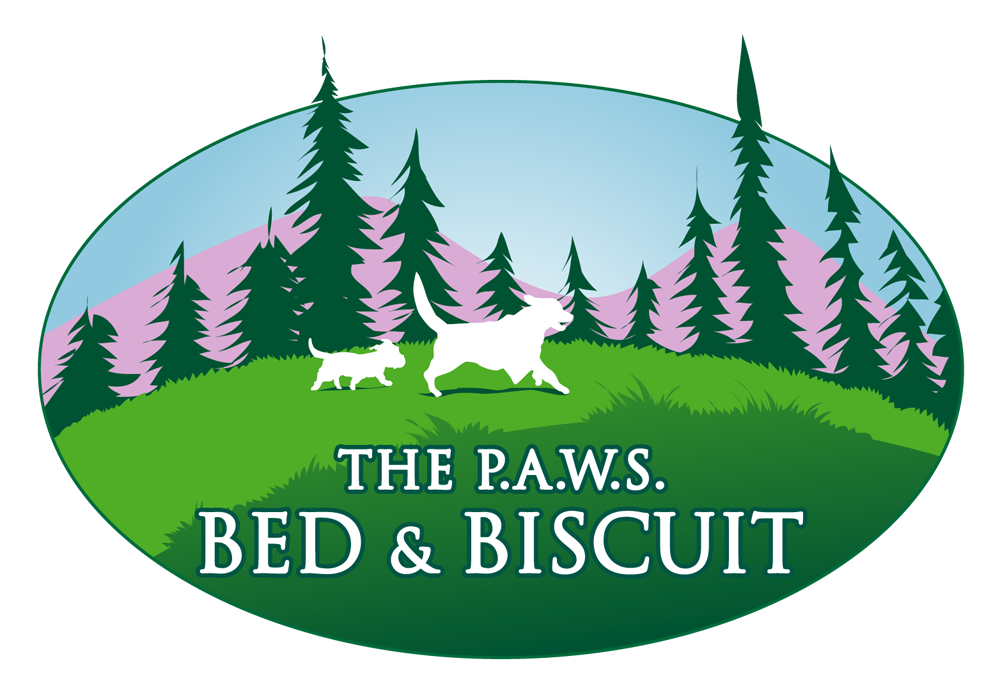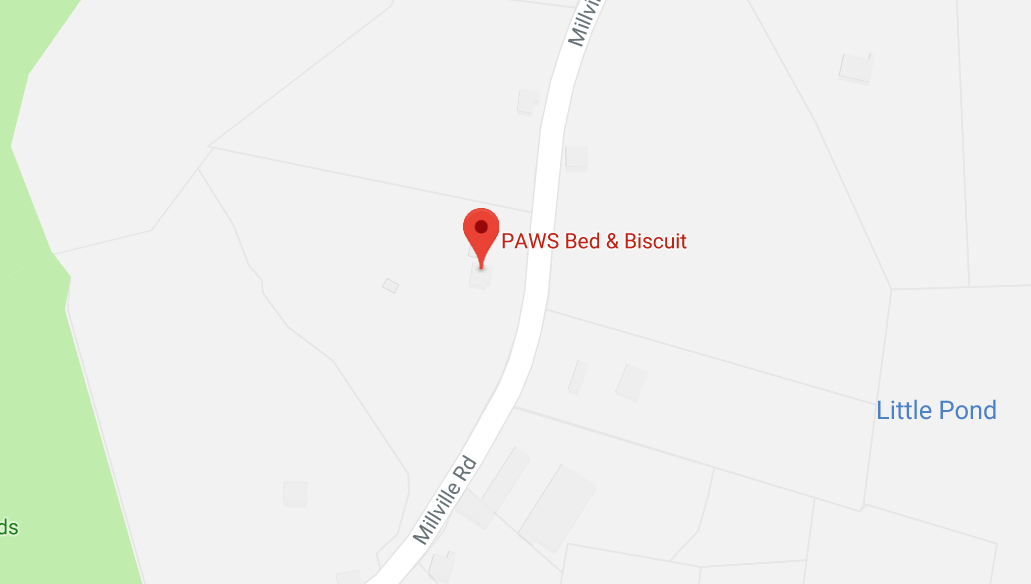Can’t get your pooch to do anything unless you’re holding a strip of beef jerky or rawhide bone? This is because food is a powerful dog training tool. It appeals to their senses and makes for an effective reward. Once your dog gets the hang of “sit” and “stay” they’ll start doing it on a daily basis. But as time goes by, without a treat in hand, your dog might start to ignore you. Given the training techniques that most people use, dogs aren’t being stubborn when they won’t sit without food. They’re simply responding to what makes sense.
How to Wean Your Dog Off Training Treats
If you’ve taught your dog a command using a treat but never reinforced good behavior without using a treat, you may not be making the most out of your training sessions. Remember, cats and dogs don’t have a sense of object permanence, so you’re going to have to teach them that a reward is available for good behavior even when they can’t see it upfront.
After you’ve taught your dog to sit with a treat, reinforce the behavior without one—or at least not with a treat they can see. Start out by using the same hand gestures you use with treat training, as these are already familiar to your dog. When he completes the command, give him a treat from your pocket, the table, or a bag. Once your dog realizes a reward is available without him directly seeing it, he’ll start to sit around the house on-cue.
Over time, you can begin to reward your dog with non-food treats such as a walk, a belly rub, or a toy. However, don’t use these types of rewards at the start of your training, as your dog won’t understand the value of praise over the value of a juicy bacon strip.
The Results of Effective Treat-Based Training
If you’ve successfully incorporated the basics of treat-driven training, you’ll find that your dog can perform commands on a daily basis and even outside of the house. Effective training results in your dog being able to “sit” or “drop it” when you’re out on a walk without having to entice them with a rustling treat bag or whipping out a snack from your pocket. This is because training should also teach trust. If your dog doesn’t receive an immediate reward, he probably trusts that you’ll come through with a good one later on in the day or next time.
Much like a child, your dog knows that completing certain tasks will usually result in a treat. However, they won’t know ahead of time whether they’ll be rewarded with something or not, so chances are they’ll complete the command anyway.
Conclusion
When training your dog for the first time, don’t skip out on the treats. If your dog won’t listen to you without them, don’t be in a rush to call up a dog behavior specialist—he just hasn’t gotten the hang of it yet!
For the best dog training methods in Massachusetts, sign up with our specialists at Paws Bed and Biscuit! Not only will your dog be at the top of their class—they’ll also enjoy an all-inclusive B&B vacation!


